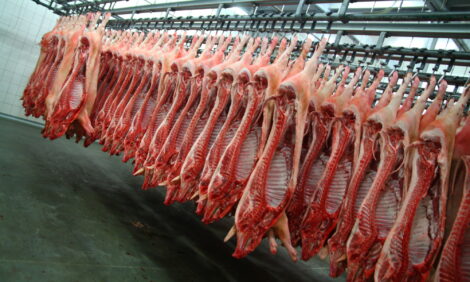



<em>Yersinia enterocolitica</em>: a Brief Review of the Issues
Information on the reservoirs, prevalence, virulence and the ability of this foodborne pathogen to survive in different environments needs to be investigated to provide rational measures to prevent or decrease associated disease risks, according to researchers in Ireland.Yersinia enterocolitica is a zoonotic agent that causes gastrointestinal disease in humans, as well as reactive arthritis and erythema nodosum, according to Niall Drummond of University College Dublin and co-authors there and at Cork County Council and the National University of Ireland in Cork.
In their paper in Foodborne Pathogens and Disease, they explain that enteropathogenic Yersinia are the aetiological agents for yersiniosis, which can be acquired through the consumption of contaminated foods.
As porcine animals are the main carriers of Y. enterocolitica, food safety measures to minimise human infection are of increasing interest to the scientific and medical community.
In their review, Drummond and co-authors examine why it is imperative that information on the reservoirs, prevalence, virulence and ability of this pathogen to survive in different environments is further investigated to provide rational measures to prevent or decrease associated disease risks.
Reference
Drummond N., B.P. Murphy, T. Ringwood, M.B. Prentice, J.F. Buckley and S. Fanning. 2011. Yersinia enterocolitica: a brief review of the issues relating to the zoonotic pathogen, public health challenges, and the pork production chain. Foodborne Pathogens and Disease, ahead of print. doi:10.1089/fpd.2011.0938.
Further Reading
| - | You can view the full report (fee payable) by clicking here. |
Further Reading
| |
- | Find out more information on Yersinia infections in pigs by clicking here. |
January 2012








